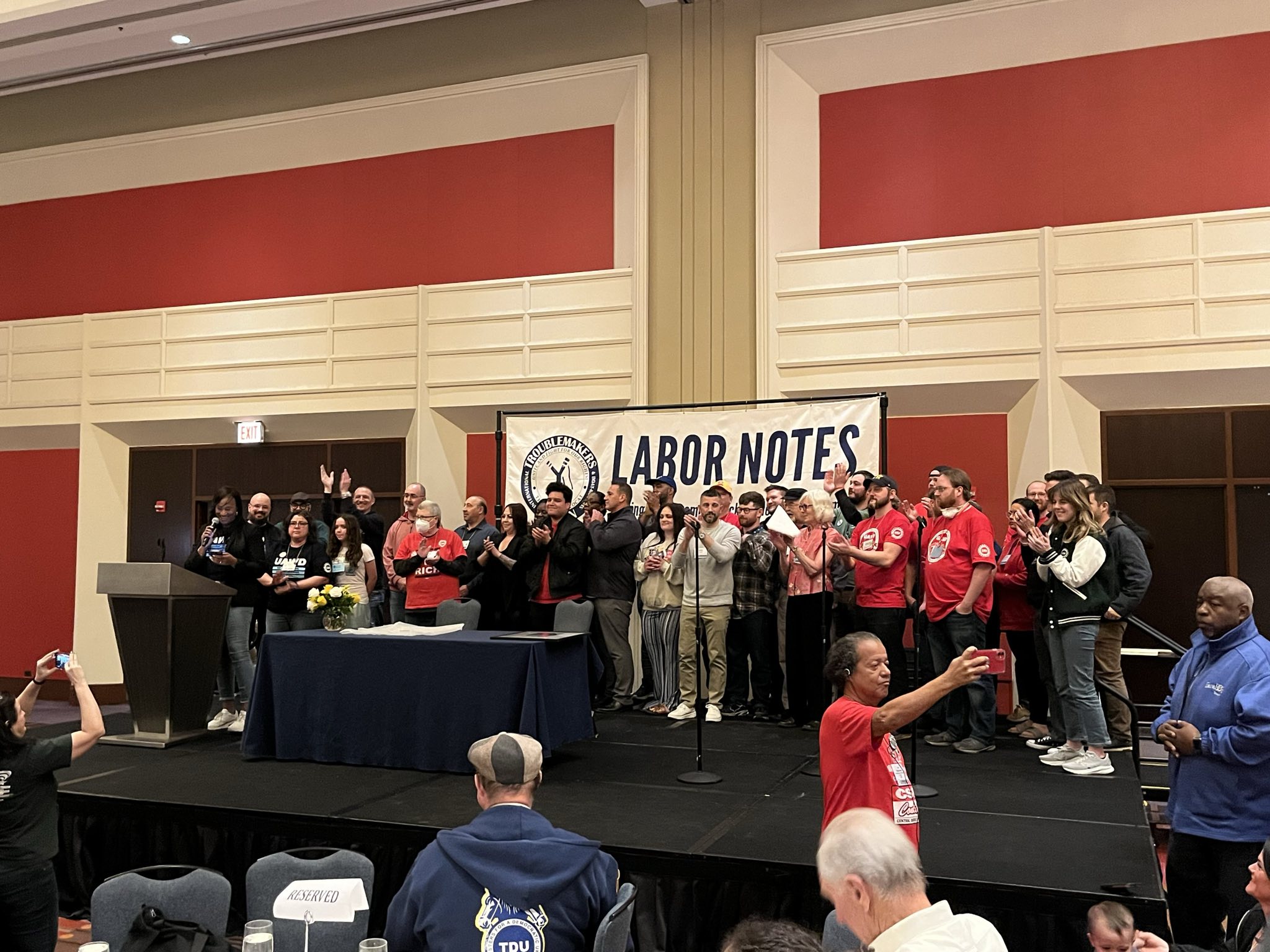A Politics of Wisconsin, Occupy, and the Next Left
The Wisconsin uprising of 2011 and 2012 mobilized hundreds of thousands, thereby producing the largest mass protest of pro-union activists in modern American history. It did not, however, begin in a vacuum. Wisconsin Governor Scott Walker happened to announce his sweeping assault on labor rights—basically stripping the public employees’ union of its bargaining rights—on the same day that Hosni Mubarak stepped down after thirty years as the Egyptian dictator.
While most of America’s narrow gauge media missed the connection, Wisconsinites got it. The right response to overt oppression is not to wait for the next election. Rather it is to go to the square, go to the capitol, to occupy public space, to remain where you are not wanted and to invite others to join the fight.
But just as the transformation of Egypt proved to be less transformative than those who packed Tahrir Square had hoped it might be, so too did the Wisconsin movement struggle to move from the street to the competition for power that plays out in the electoral sphere. There were, to be sure, remarkable victories. Using direct democracy tools that had been inserted in the state constitution a century earlier by progressive reformers, the movement forced anti-labor legislators to face new “recall” elections. So many of them were removed from office that control of the upper house of the state Senate shifted from Walker’s Republicans to Democrats who were committed to defending public workers, public services and public education.
Wisconsin’s romantic revolutionaries, who proved to have considerably more practical skills than most mainstream liberals, scared the wits out of the politicians and the billionaire campaign donors. And when the mass movement came for Walker, the economic elites rallied nation-wide behind the Tea Party hero. Walker had an 8-1 spending advantage over his Democratic challenger in the recall election; he won by a 53-47 margin. But that did not end the movement that began in Wisconsin and has since extended to other states and the Occupy movement.
Now that the first rounds of the struggle are over, John Nichols, renowned journalist and author of “Uprising: How Wisconsin Renewed the Politics of Protest, from Madison to Wall Street” (Nation Books: 2012), evaluates lessons from historic radical leaders to provide perspective, not just on the narrow prospects of electoral politics but on the broader possibilities of movement politics. He argues that the United States has not seen such a prolonged period of street-based and electoral activism on the left—an activism that defies the boundaries of party and institutional political players—in decades. But the translation of such mass movement politics from the streets to the polling places will not be easy. It will require fundamental structural reforms. And that will require radical activism over many years, just as the translation of the Civil Rights Movement of the 1950s and 1960s from the streets of the South to the corridors of power took many difficult years. Thus the real future of the United States will be decided in a non-violent struggle between those who, from Wisconsin to Occupy Wall Street, embrace a new politics of protest that is as much physical as electoral, and those who would maintain an old and increasingly corrupt order.



